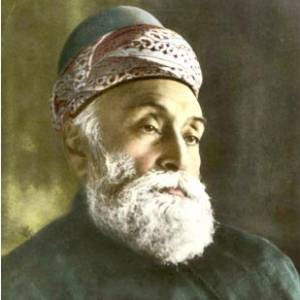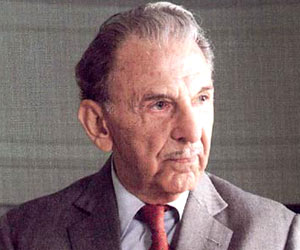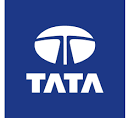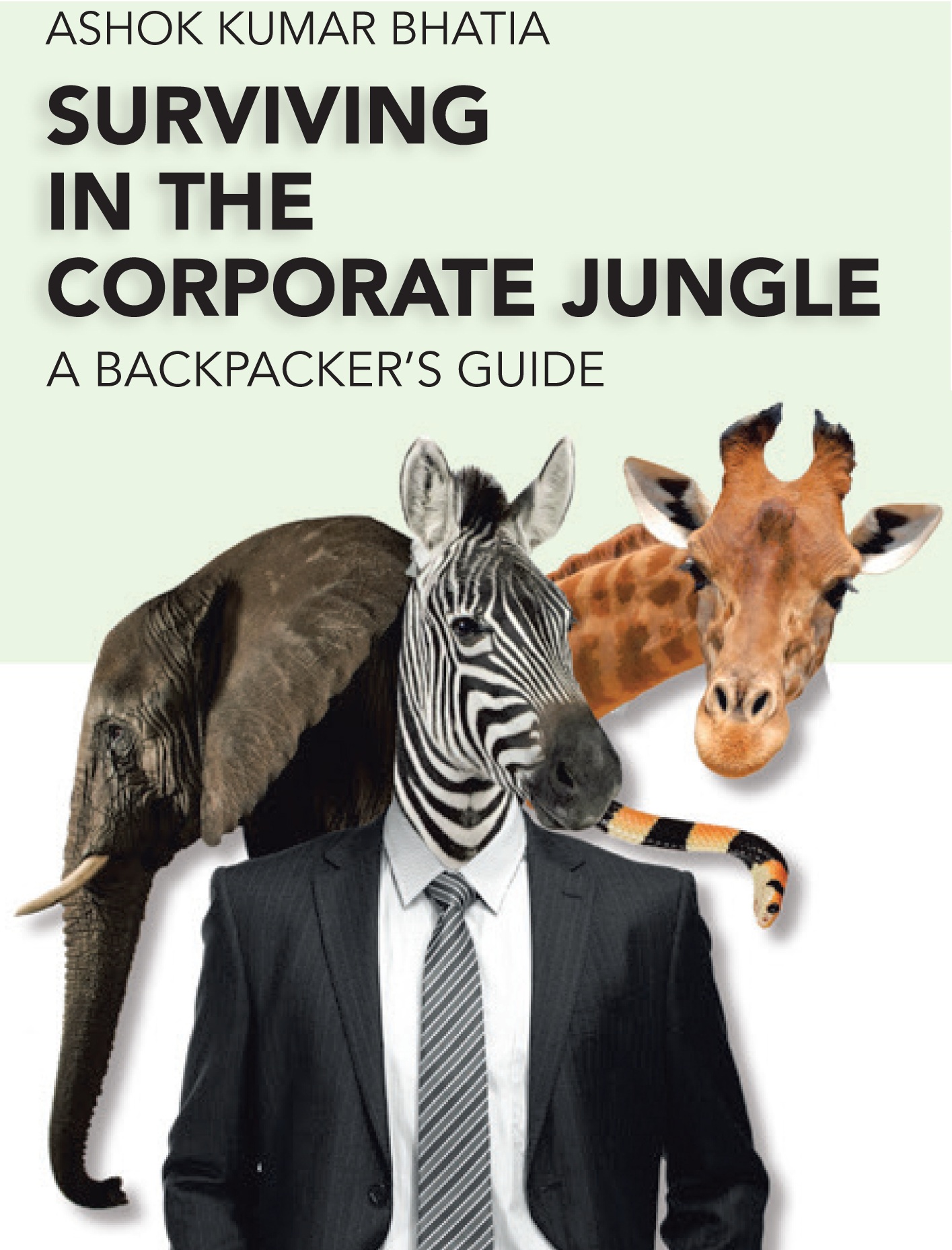Respected Ladies and Gentlemen,
Some of you might be twiddling your fingers these days, trying to figure out exactly what is happening, why things have come to such a pass, and if there is some way you could pitch in to resolve the Tata-Mistry issue.
I do believe there is a way you can make a difference. You can do so by taking a stand which would make you look back at your decision in the future with a feeling of glowing satisfaction and contentment.
Allow me to share some of my own thoughts on the subject. I write with all humility at my command. I write this as a lesser mortal who is not privy to the power conflicts at the top levels of the Tata group. I write this as a common man, and also as an ex-employee of one of the companies of the group, namely Tata International.
Forced separation only under grave provocation
The rather uncharacteristic manner in which Cyrus Mistry has been shown the door by Tatas some time back only goes on to establish a truth – that you all support an elephant which has not only learnt to dance but also knows how to be nimble-footed when the situation so demands. Step on the wrong toes and the message is loud and clear. Core values are not negotiable. Cross that invisible line at your own risk and peril. Provoke the elephant in a wrong way and face the music.
Way back in 1993, Russi Mody also underwent the experience of a forced separation.
There are many other instances which one can go on quoting, but the moot point remains that those entertain individual ambitions and start nudging the group against its core values invariably get ejected from the pilot’s cockpit.
Even at lower levels, the old perception that Tatas work like a massive bureaucracy and a job with them is for one’s life time is altogether wrong. I have myself been a witness to some such cases, where managers who had either performed very poorly, or offered speed money, or otherwise acted in bad faith, were clearly told to look for greener pastures elsewhere.
In Tata we trust
You are well aware that the brand equity that the group enjoys is as much about product quality as it is about trust and faith which stakeholders of all hues, sizes and shapes repose in its operations.
Tatas happen to support trusts which are some of the oldest charitable institutions in India. The group has pioneered modern ideas of secular, social services-oriented philanthropy.
It is not easy to name another business empire which has invested in the social sectors even when no law ever mandated it. Or, one which has invested in areas totally unrelated to the core business activities of the group. Iconic institutions like the Indian Institute of Science, the Tata Institute of Fundamental Research, the Tata Institute of Social Sciences, the National Center for Performing Arts are but some of the examples which spring to one’s mind.
A habit of going beyond the mandate
It may also not be possible for us to locate another business house which has gone out of its way to incur a liability out of a sheer sense of decency even when not having a formal agreement to that effect.
In one of his scintillating articles, Arun Maira, ex-member of the Indian Planning Commission and an ex-Tata senior, recounts a 1946 meeting between the KraussMaffei board and J R D Tata and Sumant Moolgaokar on the platform of the bombed out Munich station. In those times, Indian companies had no way of entering into any agreement with German companies. The Germans requested Tatas to take their best technicians and their families to India, who were starving without work in Germany. So, Tatas learnt metal-working from the best of the best.
He says that many years later, when India had become independent, the German company’s headquarters received a letter from Tatas, asking how much to pay for the technology they had provided to Tatas. That letter showed the true spirit of the group – one honours one’s debt, even when it is not legally binding, and even when it is not demanded of one.
You may also recall the Tata Finance fiasco in 2001, when a letter alleging some wrongdoings at the company reached the desks of several Tata seniors. Tata Sons could have well adhered to admitting its limited legal liabilities, but Ratan Tata took a courageous and humane view to publicly declare that interests of every small investor shall be protected.
In his brilliant book, Six Lenses, R Gopalakrishnan, cites several examples from the Tata history to sketch out the kind of culture the group has.
You are well aware that much of the goodwill enjoyed by the group is because of the perception that, as a business house, it has always tried to put into practice the Zoroastrianism principles of Humata (Good Thoughts), Hukhta (Good Words) and Hvarshta (Good Deeds).
A unique vision and the spirit of enterprise
Elsewhere, R M Lala speaks of the spirit of enterprise by quoting the instance when Sir Jamsetji N. Tata traveled all the way to Pittsburgh in USA to realize his dream of building a steel plant in India. In 1901, he met Julian Kennedy, the foremost steel expert, who warned him that even the preliminary investigation could cost a fortune and there was no guarantee of any returns. He suggested that survey of the raw materials be made by Charles Page Perin, the best geologist in America.
In New York, Jamsetji went to Perin’s office who was impressed by the passion and the sincerity of the aging entrepreneur. In April 1903, his partner, C. W. Weld, came over to India to kick-start the process of setting up a steel foundry. Even though Jamsetji passed away in 1904, his vision was brought to fruition and the first ingot of steel rolled out of the Sakchi plant during 1912. World War I broke out soon after and Britain found that the only source of steel for the war effort East of Suez was in India.
Within two months of the War ending, the Viceroy came to the Steel Works at Sakchi, and rechristened it Jamshedpur.
Many of you may believe that the Tatas can grow faster by being more aggressive in existing as well as in green field verticals. But you can not miss the point that tremendous progress has been made already, and never by compromising on the core ethics and values the group companies adhere to. Running the same businesses without this core would be like having living organisms sans their souls.
Succession and moments of mental aberration
Succession in a complex organization which is 148 years old is often a delicate issue.
JRD is reported to have often joked that the Tata Sons board made him chairman in a moment of mental aberration. While he was anointed thus in 1938, his ascendance was never a cake walk. He took over the baton of the group from his second cousin Nowroji Saklatwala.
To quote Jehangir Pocha:
Inwardly, he was none too pleased with Shapoorji’s “intrusion” into Tatas. He is said to have got even more infuriated when Shapoorji proceeded to buy further stakes in Tata Sons from his siblings, Sylla and Darab Tata. This event has now come back to haunt the group.
JRD himself never spoke publicly about Shapoorji, Darab or Sylla, as was the norm in the days when grace mattered and linen was never washed in public. But he did say in his later years that Shapoorji took advantage of people who were “weak-willed and credulous”.
He surrounded himself with exceptional managers and threw the somnolent group into expansion mode. Tata Chemicals was incorporated in 1939 and became India’s first soda-ash supplier under Darbari Seth. Tata Motors was established in 1945 and nurtured by Sumant Moolgaokar. Tata Steel grew under Homi, and then, Russi Mody. JRD himself was the steward of Air India’s growth, even after its nationalisation in 1953. Naval Tata led the Tata electric companies, and the group’s textile and oil mills.
Fast-forward to 1991, when Ratan Tata took over the reins of the house of Tatas. He then faced the challenge of managing the then existing power structure within the group to be able to assert himself.
Of de-globalization and corporate governance
On the global stage, these are challenging times for many of the group’s business verticals. Brexit and the recent US elections are events which need great attention. Post-2008, the world appears to have entered into a phase of de-globalization. Protectionist barriers are likely to get higher. Right-wing enthusiasts world over are basking in the perceived glory of their resurgence on the global stage. The Mistry fiasco is a distraction the group can surely do without.
The current feud does throw up several serious challenges. One is that of achieving managerial excellence within the framework of ownership by a particular family – something that Tatas have always managed to do so very well. Another is that of articulating the invisible authority lines between owners and professionals. Both these factors need strategic thought from persons of such eminence as your goodselves.
Yet another issue pertains to managing the employees and the business ecosystems as long as the turbulence persists.
Support a business with its soul intact
Allow yours truly to urge upon all of you to think deeply on the issues that the group faces at this time. Go back to your conscience and check if you view your relationship with any of the Tata companies purely through a materialistic lens, or through a lens which also incorporates the kind of values the group stands for.
You are well aware that in many areas of management, Tatas have set the bar very high. Giving back to society. Business strategy. Employee welfare. Women empowerment. Avoiding the bribe traps. Avoiding, but never evading, taxes. Going beyond the mandate.
One would hope that persons of your eminence would choose not to wash dirty linen in public and resolve your differences in a spirit of mutual accommodation. That you shall respect your custodianship role and live it. That you shall conduct yourself in a manner which would justify the trust and faith reposed in you not only by the group but also by the shareholders of the company you happen to be associated with.
That you shall subdue your ego and care for the long term bigger picture. That if your value systems happen to be out of sync with those of the Tata group, you shall quietly withdraw from the eminent position you enjoy on the board of any of the group companies. That, hopefully, you shall support Ratan Tata and his team to protect their turf.
If the differences between you continue to fester, the brand equity of the group might take a short-term hit. However, one has no doubt that, given your support, it shall scale greater heights in the years to come.
One wishes Ratan Tata the best of deliberations to find a perfect professional to steer the group in the coming decades.
(Further reading:
Article by Mr Arun Maira
http://www.livemint.com/Opinion/GOx9Ym0MSLSGwbHb6WSvsO/The-Tatas-and-a-matter-of-trust.html
Article by Mr R M Lala
http://www.thehindubusinessline.com/todays-paper/tp-opinion/in-the-company-of-men-of-steel/article1649373.ece
Book by Mr R Gopalakrishnan (www.themindworks.me)
Six Lenses, ISBN 978-81-291-3587-2)
(Related Posts:
https://ashokbhatia.wordpress.com/2012/12/27/bidding-an-adieu-to-mr-ratan-tata
https://ashokbhatia.wordpress.com/2016/04/04/super-leaders-the-near-perfect-ceos








